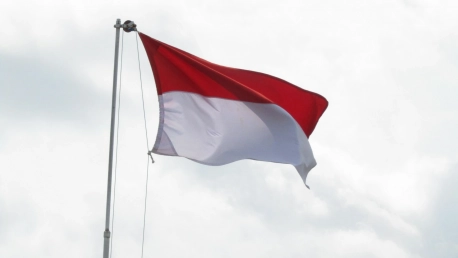Indonesia has embarked on a transformative journey toward marine conservation and sustainable economic growth with the introduction of a new quota-based fishing policy. Breaking away from the traditional input controls approach, the Ministry of Maritime Affairs and Fisheries has set the stage for a balanced integration of ecological preservation with the expansion of the local economy. This policy shift is keenly focused on ensuring equitable access to fisheries resources for all stakeholders, particularly local fishermen, and is poised to redefine Indonesia’s fisheries management.The approach is implemented across six distinct zones within 11 fisheries management areas. By prioritizing output controls to regulate fishing activities, the policy strives to foster responsible fishing practices. Starting with Tual City and the Aru Islands in Maluku, the quota system is set to roll out progressively to other allocated zones, becoming a cornerstone of Indonesia’s commitment to sustainable fisheries.
A Strategic Shift in Fisheries Management
Indonesia’s new quota system signifies a strategic turning point for the country’s fisheries management. This plan aims to transition from historical practices that often favored commercial and industrial interests to a more localized focus. By centering quota allocations on local fishermen and excluding research, training, and recreational activities from these quotas, the policy is an affirmation of the government’s dedication to nurturing local economies and empowering those who have traditionally been the guardians of maritime resources.This emphasis on local benefit and sustainability is expected to yield significant advantages for ecological systems and fish populations. With a controlled and monitored output, the Indonesian government endeavors to strike an intricate balance between effective environmental stewardship and the provision of ample economic opportunities for its coastal communities.
Elevating Indonesia on the Global Stage
By adopting a quota-based fishing regime, Indonesia emerges as a leader in the sustainable seafood industry, boosting its global standing for responsible fishing and opening doors to new economic opportunities while earning international consumer confidence.Furthermore, the advancement doesn’t stop at policy changes. A hallmark project underway is the creation of a state-of-the-art fishing village in Banyuwangi, supported by a substantial Rp22 billion fund. These moves underscore Indonesia’s commitment to the maritime and fisheries sectors by championing sustainability and prosperity for communities reliant on the sea.This strategic approach melds with the Indonesian government’s broader economic vision and expert analyses, propelling the nation forward as a model in fisheries management. Indonesia’s integrated strategy of sustainable growth, ecological stewardship, and fair economic progress positions it as a beacon for maritime nations aiming to navigate toward sustainable futures.









